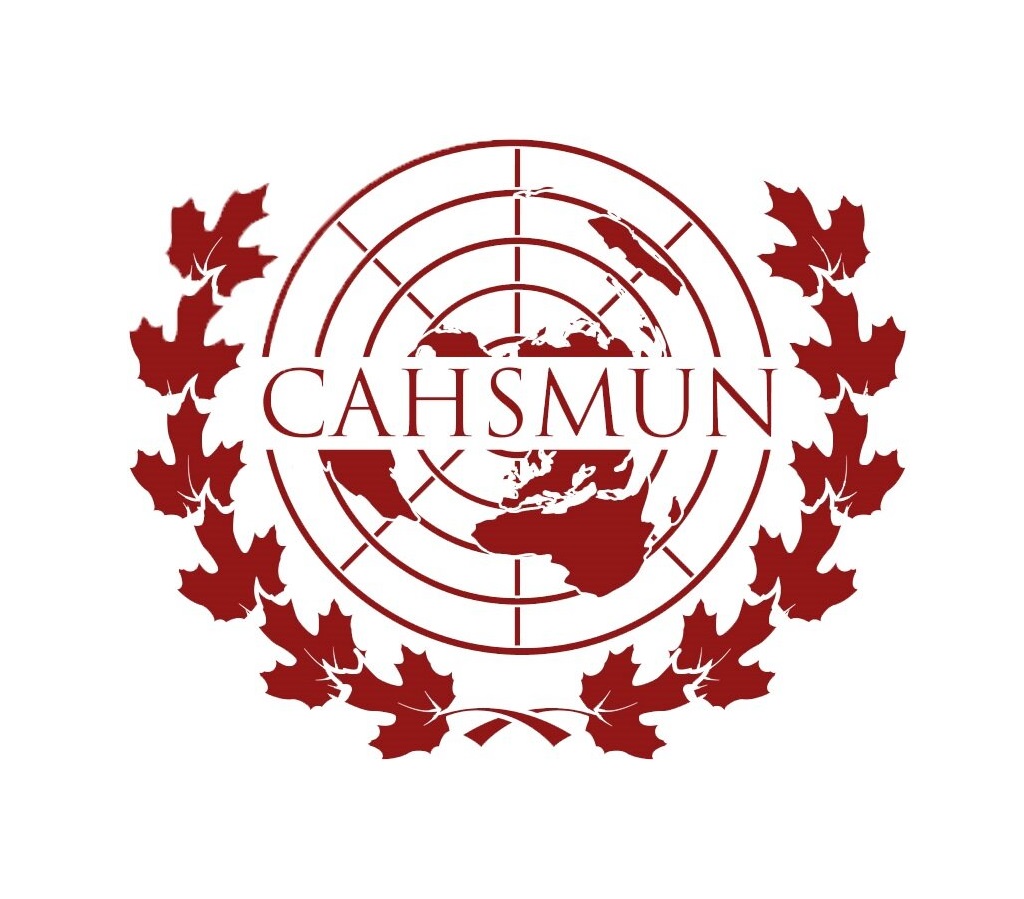In recent years, the longstanding territorial claims in Antarctica by China, Germany, and Russia have been brought to attention for scientific research. These historical claims hindered lands from being distributed equally among other nations for investigation. Yet still, China, Germany, and Russia refuse to give up their claims, asserting their rights despite international efforts for equal distribution.
With countries such as the US and Japan working together to fight for these lands for research, the USA argues that it is unjust that countries such as China claim ownership of the land when it should be shared for research purposes. The USA further added that by giving them an inch, they would take a mile: if China were to use the land for exploration, they should have created a scientific paper to clarify their direction to utilize this land and not for personal gain. Therefore, the USA proposed that there should be rigid respect and boundaries between countries on the ownership of lands by implementing a shared research paper that is visible to the public.
Regardless of territorial claims and their justifications, Japan expresses that “most scientists and researchers are funded in some way by their national government, they all have their political agenda.” Therefore, even if lands were to be distributed equally for research purposes, the undertone of political benefits still exists.
The New York Times believes that the land distribution in Antartica poses a complex problem. The Times also believes that scientific research should take precedence over geopolitical interest. Thus, it is important to stress transparency and international cooperation for the pure purpose of advancing human knowledge and understanding of the Antarctic region.
